Nigerians have taken to social media to react to comments dismissing the claim that the 1966 coup was an “Igbo coup,” with many highlighting the historical injustices faced by the Igbo people in Nigeria.
A Twitter user, Serah Ibrahim (@TheSerahIbrahim), expressed her views, stating, “The injustice against Igbos is more than enough. Up until today, they have prevented an Igbo man from becoming President.”
Her comment sparked widespread reactions, with many Nigerians debating the political exclusion of the Igbo ethnic group from Nigeria’s highest office. While some users agreed with her assertion, others argued that political factors, rather than ethnic bias, have influenced past presidential elections.
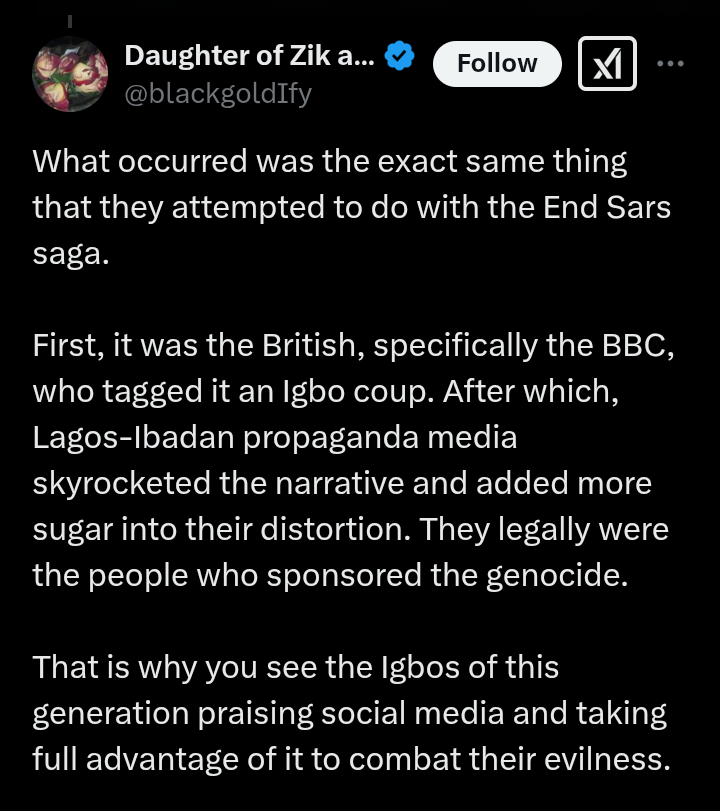
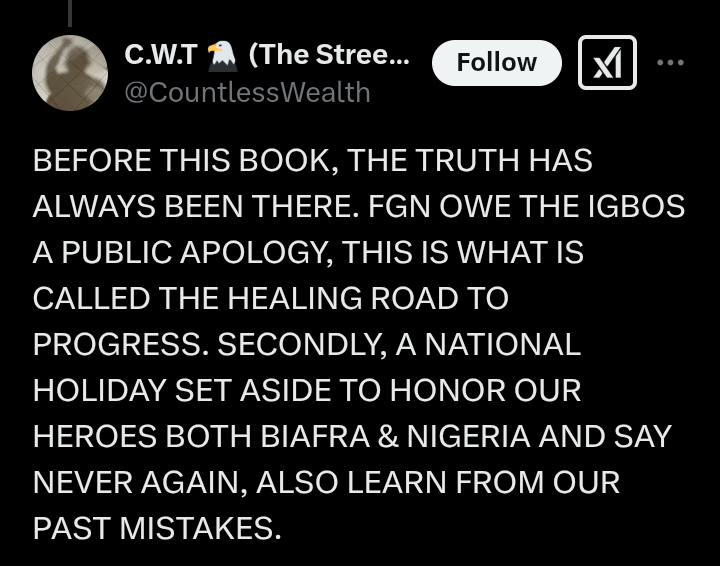
The debate follows the release of a new book in which former military ruler Ibrahim Badamasi Babangida (IBB) reportedly clarified that the 1966 coup was not an “Igbo coup” but a military takeover that involved officers from different ethnic backgrounds.
In a revealing statement from his newly published book, former Nigerian military leader General Ibrahim Badamasi Babangida (IBB) has debunked the long-standing narrative surrounding the 1966 military coup, widely labeled as the “Igbo Coup.” Babangida asserts that this characterization is a false narrative that has been used to misrepresent historical events
The 1966 coup, the first in Nigeria’s post-independence history, led to the deaths of several prominent northern and western leaders, sparking ethnic tensions that culminated in the Nigerian Civil War.
For decades, it has been portrayed by some as a calculated move by Igbo officers to seize power, a claim Babangida now challenges with fresh perspective.
According to Babangida, the branding of the coup as an “Igbo Coup” was a deliberate distortion that fuelled division and mistrust among Nigeria’s diverse ethnic groups. He argues that the events of January 15, 1966, were the result of a broader discontent within the military and political class, not an ethnic agenda driven by the Igbo people.
Historians have noted that while the coup was led by a group of mostly Igbo officers, including Major Chukwuma Kaduna Nzeogwu, its motivations were rooted in frustration over corruption and regional favoritism in the First Republic, rather than a tribal power grab.
Babangida’s book seeks to set the record straight, urging Nigerians to reconsider the myths that have shaped national discourse.
READ MORE: https://parallelfactsnews.com/adeleke-insists-osun-lg-poll-will-hold/
Babangida contends that the misrepresentation of the coup has been used as a tool to justify discriminatory policies and attitudes toward Igbos, perpetuating their marginalization in Nigeria’s political and social landscape.
Follow the Parallel Facts channel on WhatsApp: https://whatsapp.com/channel/0029VaCQSAoHgZWiDjR3Kn2E



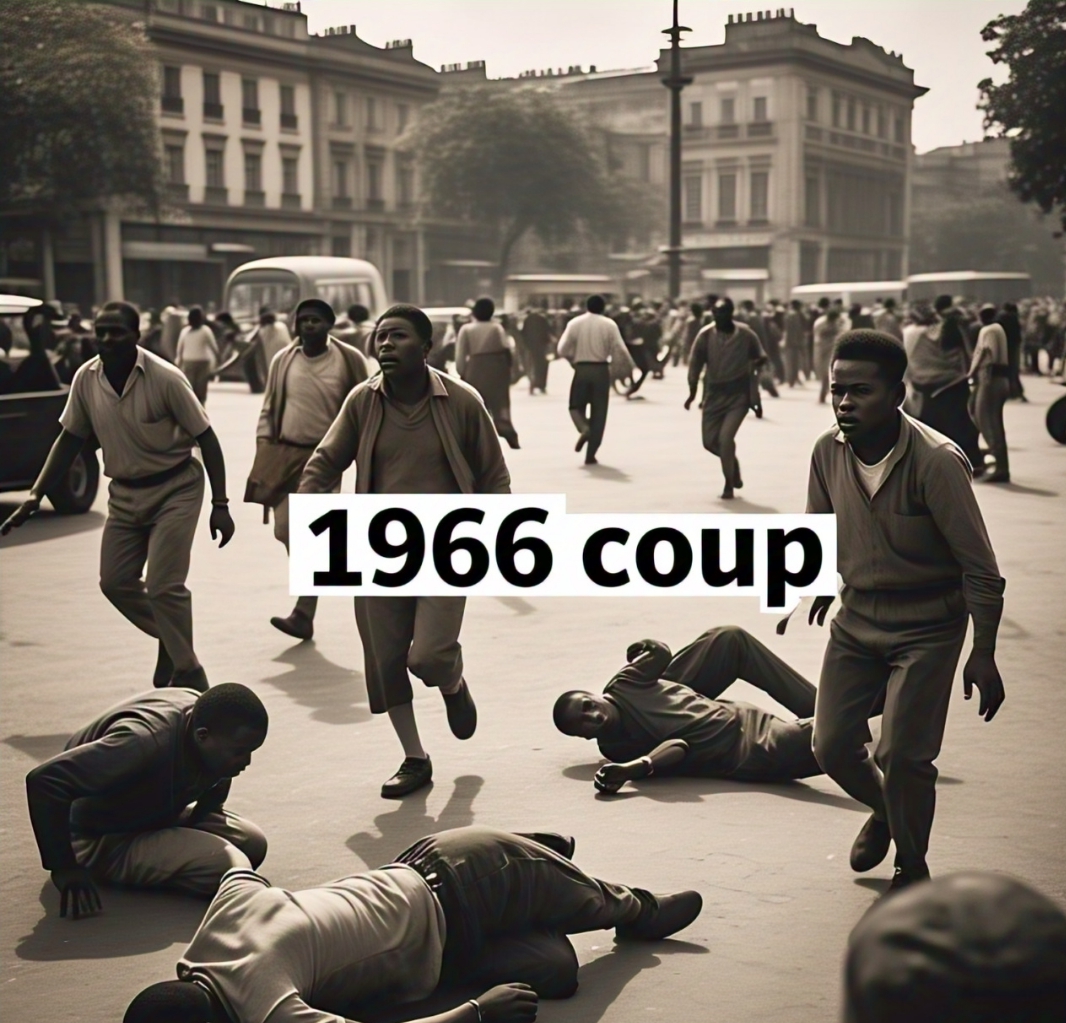

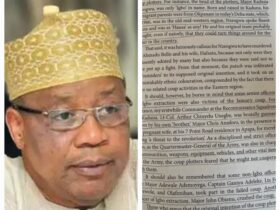
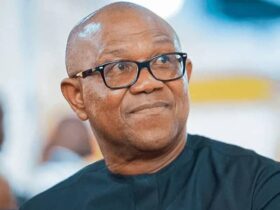
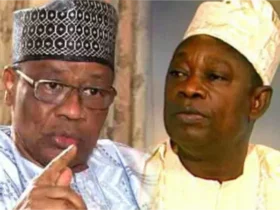
Leave a Reply